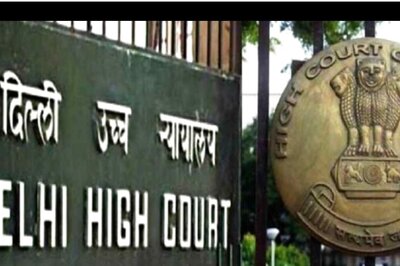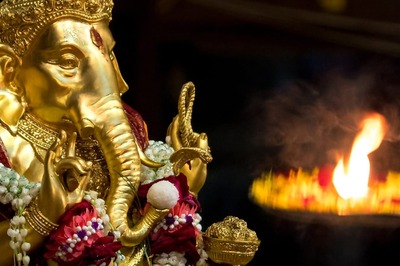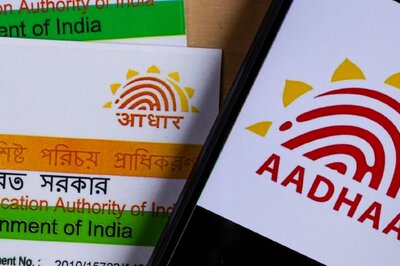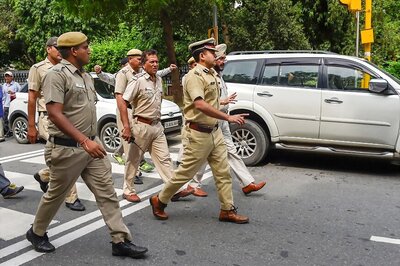
views
New Delhi: The Supreme Court, while decriminalising consensual sex between homosexuals, observed that members of the LGBT community possessed the same fundamental rights as others. This issue of sexual orientation and its relationship to the fundamental rights of the individuals has been at the heart of the debate.
It was the apex court’s judgment on Right to Privacy earlier this year which started the process of revisiting the 2013 verdict upholding Section 377 of the Indian Penal Code (IPC). In its judgment, it said that the Right to Privacy and the protection of sexual orientation lie at the core of the fundamental rights guaranteed by Articles 14, 15 and 21 of the Constitution.
It had noted that sexual orientation was an essential attribute of privacy and that discrimination on the basis of sexual orientation is deeply offensive to the dignity and self-worth of the individual.
The 2009 Delhi High Court order that had struck down Section 377 as unconstitutional had also noted that “popular morality or public disapproval of certain acts is not a valid justification for restriction of the fundamental rights under Article 21” and that “popular morality, as distinct from a constitutional morality derived from constitutional values”.
But although this argument was presented before the Supreme Court’s two judge-bench, which would eventually overturn Delhi High Court’s 2009 order, the court had eventually ruled that the High Court had “overlooked” that the LGBT community was a “miniscule fraction of the country’s population” and in the past 150 years, less than 200 persons had been prosecuted under the act. But the Supreme Court’s earlier judgment on privacy had noted that “the invasion of a fundamental right is not rendered tolerable when a few, as opposed to a large persons, are subjected to hostile treatment”.
“In its anxiety to protect the so-called rights of LGBT persons and to declare that Section 377 IPC violates the right to privacy, autonomy and dignity, the High Court has extensively relied upon the judgments of other jurisdictions,” it said.
It had added, “Though these judgments shed considerable light on various aspects of this right and are informative in relation to the plight of sexual minorities, we feel that they cannot be applied blindfolded for deciding the constitutionality of the law enacted by the Indian legislature.”



















Comments
0 comment